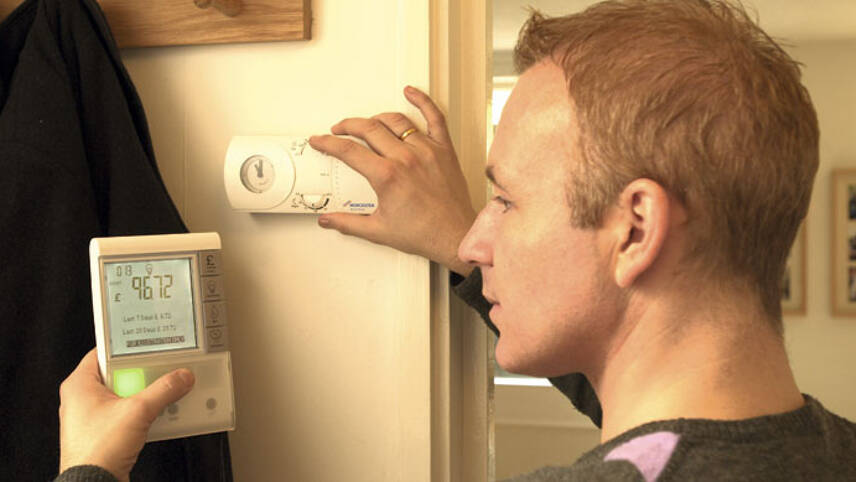Member only content free until 26/05/2024
To continue reading this article and enjoying free access to all Utility Week’s content up to the 26/05/2024 Register today!
Ready to become a member?

The Department for Energy and Climate Change’s (Decc) latest smart meter rollout plans have factored in an expected four month delay to the most recent go-live date given by the smart meter network operator Data and Communications Company (DCC).
In its smart metering rollout strategy Decc told energy companies to expect the DCC to go live in August 2016, four months after the April 2016 date currently given by the DCC in its replan.
Decc said that the new date had been used “in recognition of the fact that six months of contingency has been held in reserve… it had been recommended that other parties use a central planning assumption of August 2016 to be ready for DCC Live.”
The DCC is tasked with connecting smart meters to the business systems of energy suppliers, network operators and other authorised service users of the network.
The DCC live date has already been delayed from December 2015 to April 2016, announced in March this year. Then energy secretary Ed Davey said the “slight re-programming” of the delay to April was “not going to have any dramatic effect” on the rollout.
Decc has set out deadlines for using the DCC and meter installation as part of its plans to ensure a “timely” rollout, and ensure both energy suppliers and distribution network operators are ready to commence the rollout from the DCC live date.
All domestic suppliers are required to be using the DCC by 1 August 2017, while large suppliers will also have to install 1,500 SMETS2 meters by 1 February 2017.
While Decc expects distribution network operators to be using the DCC when it goes live in August 2016, it will not be setting the deadline until 1 February 2017 for fear an earlier mandate would present practical challenges for test management.
However Decc says all deadlines are subject to change as determined by the secretary of state.
Decc has also given the end date of 1 August 2017 for the installation of SMETS1 meters, saying it should give suppliers “sufficient time” to transition to the newer specification of meter required for the mass rollout. However it has said the date could be delayed if “significant industry-wide impediments should materialise.”




Please login or Register to leave a comment.